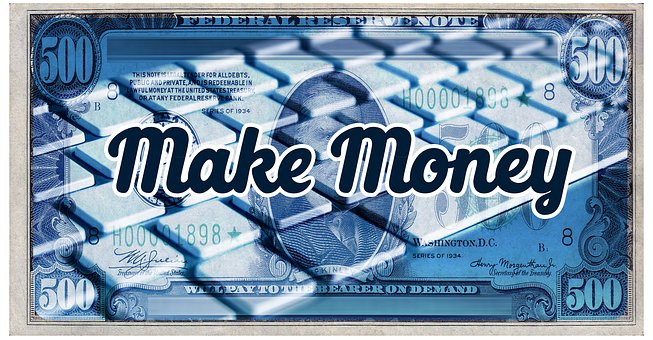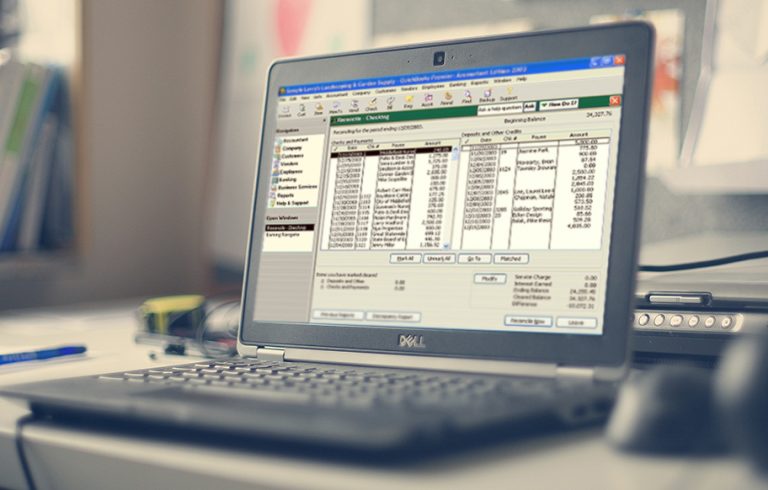Your official job description will vary as a qualified data entry officer. Your title may, for example, be a data entry keyer, data entry operator, or typist. Your task would be to work with a keyboard, review documents such as void checks and bills, input data, and then verify the accuracy of the information. As a data entry professional, you may need to know how to run advanced data-entry software programs.
You may also need to learn specific rules and legal codes, depending on which sector you are working within, so you can adequately input data. Data entry practitioners use computers and data processing systems to enter data into a database or network for documentation. You may also need to transcribe data from recordings or conversations over the Internet. While most data entry professionals work electronically, paper documents can, depending on the client, also be used.
If you wish to work as a professional data entry, here is some information you need to know. Moreover, we will also provide essential tips for those who want to explore different jobs as a data entry professional.

Education And Training To Become A Data Entry Professional
Several companies hire data entry professionals without specialized training and later teach the necessary skills to candidates. You might need to be skilled in touch-typing, ten-key, grammar, spelling, and punctuation to get a position. Some companies want you to type at a certain speed before they ever think about hiring you.
Free videos can be found to help you understand or develop your competencies. Some community colleges do provide data entry certificate programs or continuing education classes that can provide basic office skills, such as the use of office equipment and relevant computer applications.
Many employers typically only require a high school diploma or GED equivalent for job candidates looking to start a data entry career. However, some companies and industries require a bachelor’s degree. Prior to a potential data entry job interview, academic qualifications will be made clear. Using data processing software is also often a prerequisite, so many employers are looking for candidates who are skilled with platforms such as Microsoft Office or Microsoft Excel.
Alternative Jobs For Data Entry Professionals
You can take a job as an office clerk, which likewise simply a high school diploma is necessary. There are numerous tasks and duties you’ll be performing as an office clerk, depending on what type of workplace you are working in. You may be in charge of organizing files, keeping track of documents, bookkeeping, answering phones, and typing.
If you are working in an office that houses patients and clients, good customer service skills will be expected. You may also need to be able to use different software programs. Further, you may also be interested in a job as a timekeeper or payroll clerk.
Average Salary In The Data Entry Profession
The hourly wages for data entry workers vary from $10 to about $17 an hour, with the most skilled and experienced candidates receiving higher pay rates, according to PayScale. The average hourly wage is $12.92.
Certain considerations that may decide skilled compensation for data entry include whether the job requires certain responsibilities, such as customer service or administrative office duties. For example, a data processor may also be needed in the hospitality and travel sectors to keep track of customer bookings and reservations, including scheduling changes and cancellations.

Conclusion
As a data entry professional, you can also explore a job as a data entry clerk, transcriptionist, and typist. For more career options, click here.
Also read – How to Become a Data Scientist












